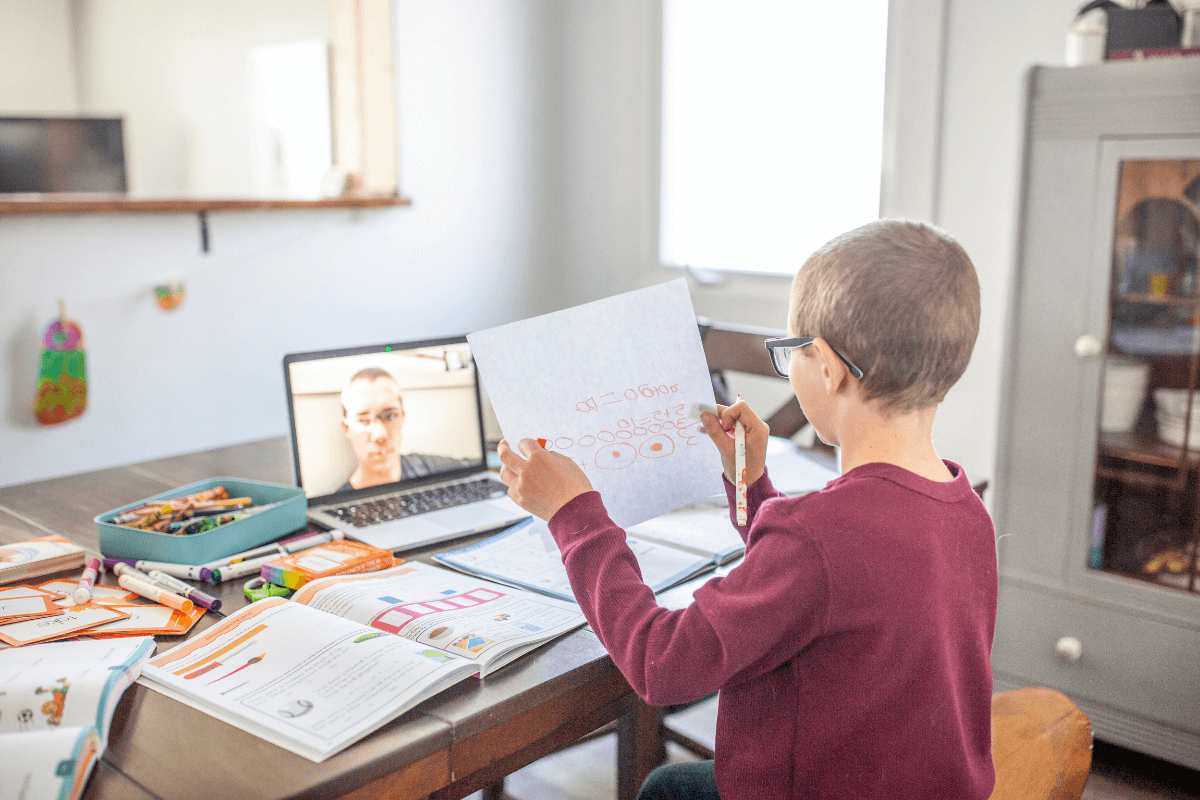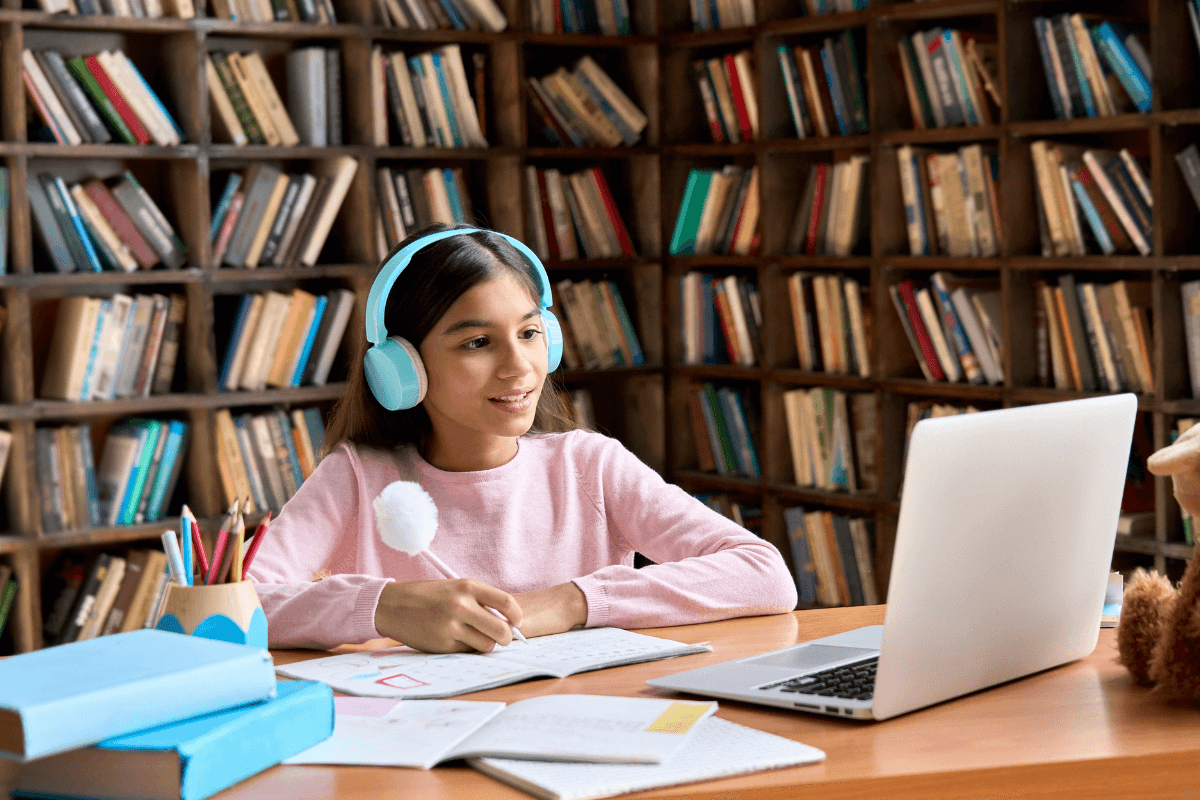The pandemic is starting to feel like a distant memory for many people, but for children, the effects are still being felt. Although the pandemic is waning and schools are gradually reopening, the educational landscape has been irrevocably changed. For parents, it can be hard to know how to help their children make up for […]





